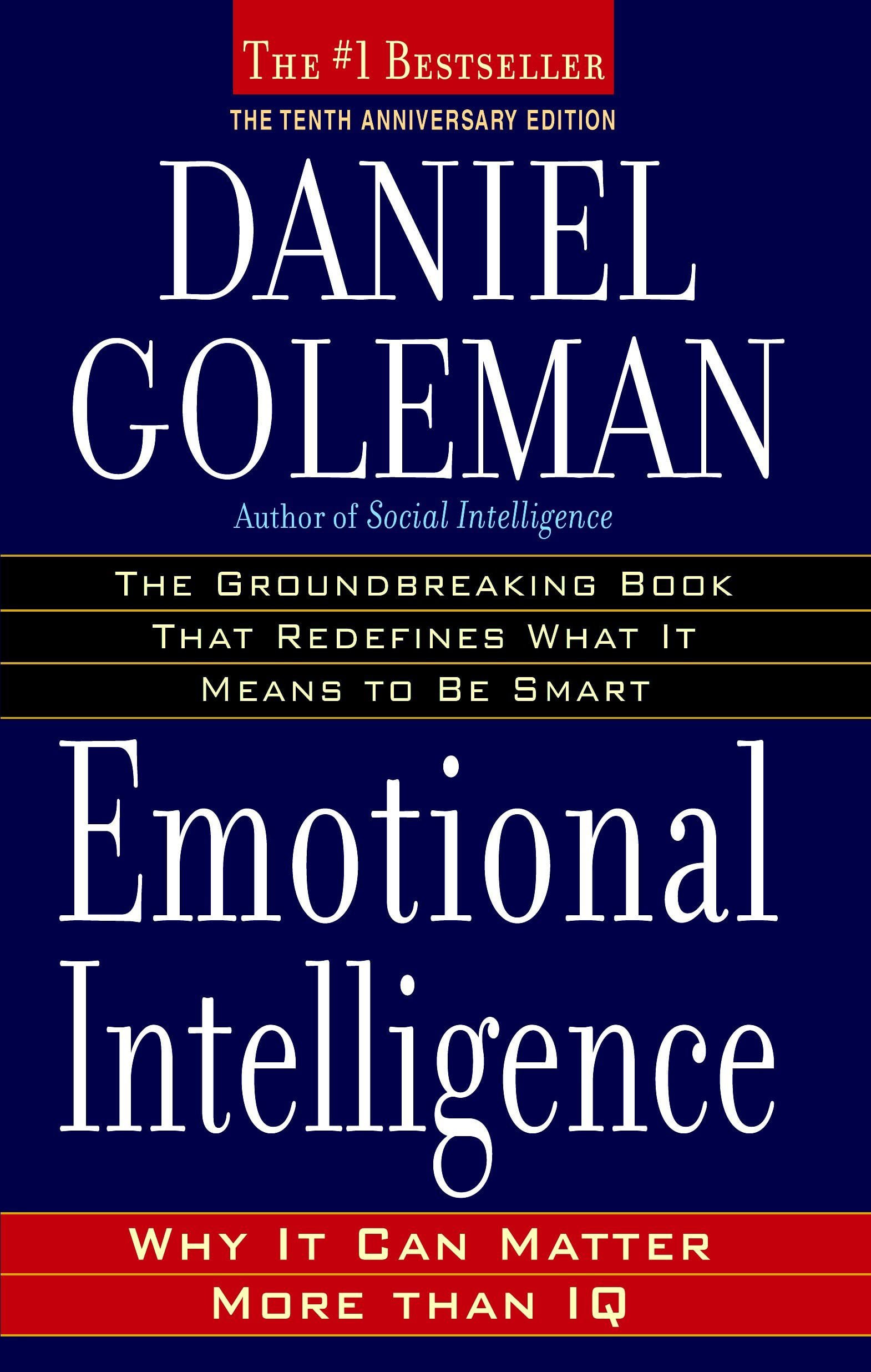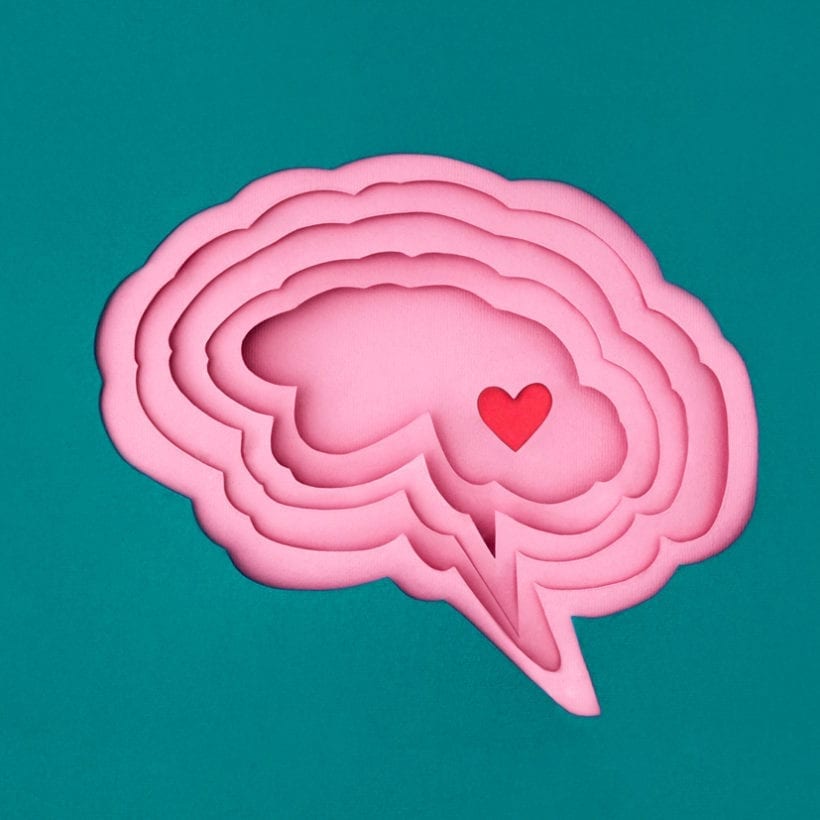It was the end of my junior year of high school and my guidance counselor and I was going over my SAT scores, figuring out which colleges I could reasonably expect to get into. The numbers were not horrible, but after a stressful year that included the loss of my father, they could have been better, to say the least.
“It’s hard to see this on a standardized test,” she said to me, “but you have high emotional intelligence.” Great. “That’ll get you places,” she said. Uh, sure lady, but was “high emotional intelligence” going to get me into college?
In the 15 years or so since graduating high school, I have met enough people without strong emotional intelligence to know that it is indeed a valuable skill, essential for effective and clear communication. Emotional intelligence could help us face the issues the world is experiencing right now — from the lifestyle changes brought on by the ongoing Covid-19 pandemic to the wake of global protests and the Black Lives Matter movement — with empathy and mindfulness.
Emotional intelligence could help us face the issues the world is experiencing right now with empathy and mindfulness.
“Emotional intelligence is the other side of the equation to thriving. [It] complements cognitive abilities,” says Perpetua Neo, who has a doctorate in clinical psychology. “Being aware of our own internal states and mastering them versus running away from them helps us to respond wisely rather than being reactive. An awareness of others’ emotions also helps us be more empathetic and understanding. Together, these allow for smoother and more effective relationships across all spheres of life.”
The term emotional intelligence, sometimes referred to as EQ or EI, was coined around 1990 by two researchers, Peter Salovey and John D. Mayer. They defined it as “a form of social intelligence that involves the ability to monitor one’s own and others’ feelings and emotions, to discriminate among them, and to use this information to guide one’s thinking and action.” The pair also suggested that EI may actually be more important than IQ (intelligence quotient), at least as a predictor of success, because so much of having a successful personal and professional life involves people skills.
Daniel Goldman, who wrote a book called Emotional Intelligence, later wrote an article for Time titled, They’ve Taken Emotional Intelligence Too Far. In it, he explains, “There’s no question IQ is by far the better determinant of career success, in the sense of predicting what kind of job you will be able to hold… Once you’re in a high-IQ position, intellect loses its power to determine who will emerge as a productive employee or an effective leader. For that, how you handle yourself and your relationships — in other words, the emotional intelligence skill set — matters more than your IQ. In a high-IQ job pool, soft skills like discipline, drive and empathy mark those who emerge as outstanding.”
Put in a few words, it seems that IQ is a better predictor of what job a person can land, but EI is a better predictor of how successful a person will be in that job. According to a study by Johnson & Johnson, the highest performing managers had significantly more “emotional competence.”
Adam Sáenz, a licensed psychologist, says “Emotionally intelligent individuals are aware of their thoughts and feelings as they experience them, and they are able to manage them effectively. They express their thoughts and feelings, even those that are potentially difficult, in ways that are helpful and not hurtful.”
He adds that people with high EI know what others are thinking. By this, he is referring to empathy, not some mind-reading superpower. If you have an easy time reading and reacting appropriately to the emotions of other people, or you always seem to intuit how others are feeling, you probably have high emotional intelligence.
Other signs that someone is emotionally intelligent, according to Neo, include:
- Displaying empathy for someone and themselves.
- Knowing how to give and take space.
- Not saying things like “Just be logical!” or foist forced positivity on every situation.
- Having excellent boundaries, and not apologizing for it.
- Asking for permission before giving advice.
- Being okay with the fact that they have ‘negative emotions,’ and recognize that having mixed feelings is all part of the human experience.
The good news is that if you suspect that you, your partner, or your colleague has a low emotional intelligence, there are ways to develop this skill over time.
How to Develop EI
First, recognize the signs of low EI, which may manifest as someone who brings the conversation to themselves relentlessly, or a person who says everything is okay but are “at the mercy of their emotions,” Neo says. They may experience emotional outbursts that do not match the severity of the situation or lack self-awareness and empathy.

“Unlike IQ, which tends to remain fairly stable over the course of our adult life, emotional intelligence, or EQ, is a skill that can be developed over time,” Sáenz says. “Individuals can grow their capacity for self-awareness and self-regulation, and they can grow their capacity for empathy and interpersonal skills.” You can learn, apply and develop the skills of emotional intelligence at any point in your life.
The four main categories of EQ are: self-awareness, self-regulation, social awareness and social skills, according to the Harvard Division of Continuing Education:
-
Practice mindfulness.
Build on your self-awareness and mental health by scheduling a few minutes in your day away from any distractions (no TV, no phone — gasp) to just think. Think about how you are feeling in that moment and why you are feeling it. Self-awareness means not only do you pay attention to your emotions, but you understand what your triggers are and the impact it has on your mood and behavior (for example, you get furious when someone interrupts you mid-sentence). In time, you will begin to understand the impact your emotions have on others.
-
Learn self-management.
When you are experiencing a conflict, it is easy to let emotions and anger get the best of you. When you have emotional intelligence, you are trying to reach a place of resolve — keeping your impulsive reactions under control in the process. It is easier said than done, but sometimes it is a matter of just taking a breath before responding to a difficult situation and doing your best to look at the situation objectively. Get a fresh perspective from your partner, friends, family or even a trusted colleague on how they view you when you are faced with conflict. Neo suggests asking: “When it comes to handling emotions or relationships, what am I good at?” “How do you think I could be better at emotions/relationships?”
-
Be socially aware.
There is the famous saying: “Put yourself in the other person’s shoes.” While it is a good rule of thumb in practicing empathy, remember that emotional intelligence is not a focus on how you would feel in their place, but on how they really feel. People with high emotional intelligence are also able to pick up on nonverbal cues and are able to “read the room.”
-
Work on your people skills.
This step is about how well you work with your partner, colleagues and other people in your life and use disagreements to make your relationships stronger. When someone can talk to you about a problem without it turning into an argument, it builds a healthy level of trust that you can work things through without backlash.
We only recommend products we have independently researched, tested, and loved. If you purchase a product found through our links, Sunday Edit may earn an affiliate commission.








